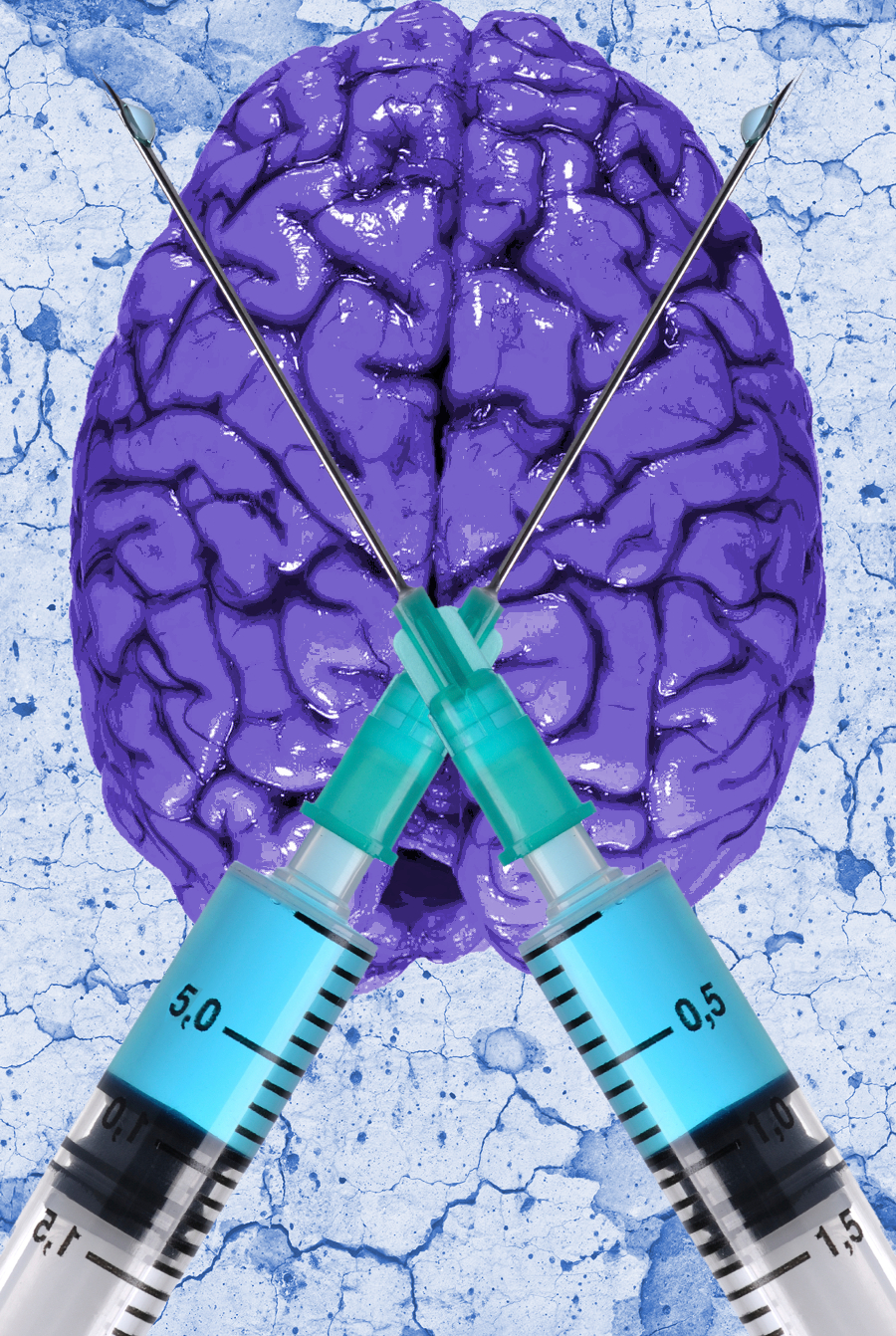Alzheimer's amyloid target hit
 Australian researchers have helped take the latest step towards a vaccine for Alzheimer’s.
Australian researchers have helped take the latest step towards a vaccine for Alzheimer’s.
With more than 7.5 million new cases diagnosed each year, the World Health Organisation predicts the total global cost of dementia-related illnesses and care to be more than $790 billion a year.
The scale of the problem has seen the US Congress commit a further $US350 million to the National Institutes of Health (NIH) for research into Alzheimer’s disease, taking research funding in the US to more than $US1.3 billion this year.
Some of that funding has gone to the cutting-edge Australian research company Vaxine Pty Ltd, which is internationally renowned for developing the world’s first swine flu vaccine during the 2009 pandemic and is active on other fronts including Ebola and Zika virus research.
In a study published in the Scientific Reports journal, Australian experts report on a successful vaccine formulation that targets the abnormal beta-amyloid and tau proteins that trigger Alzheimer’s disease.
The researchers say their “exceptional” universal vaccine platform, called MultiTEP, can target the hallmark proteins, aberrant forms of AB and tau proteins.
β-amyloid (AB) is a protein found to be prominent in driving Alzheimer’s disease, but the accumulation of pathological tau also correlates with the formation of dementia in Alzheimer’s patients.
Using a combination of anti-amyloid-beta and anti-tau vaccines with powerful and safe adjuvant technology called developed in Australia by Vaxine Pty Ltd “shows promise for both preventive and therapeutic approaches in AD,” according to Professor David Cribbs from the University of California.
The MultiTEP platform-based vaccines are exciting because they do not induce potentially harmful auto-reactive cellular immune responses, while still generating antibodies that bind strongly to the amyloid and tau pathological molecules in brain tissue from AD patients.
“This study suggests that we can immunise patients at the early stages of AD, or even healthy people at risk for AD, using our anti-amyloid-beta vaccine, and, if the disease progresses, then vaccinate with another anti-tau vaccine to increase effectiveness,” said co-author of the latest paper, Dr Anahit Ghochikyan.
Experts from four companies around the world are now conducting non-clinical safety-toxicology studies to fulfil US Government safety standards for an ‘Investigational New Drug’ application.
When the pre-clinical studies are complete, they plan to test the immunogenicity and efficacy of the new vaccines in human trials.








 Print
Print